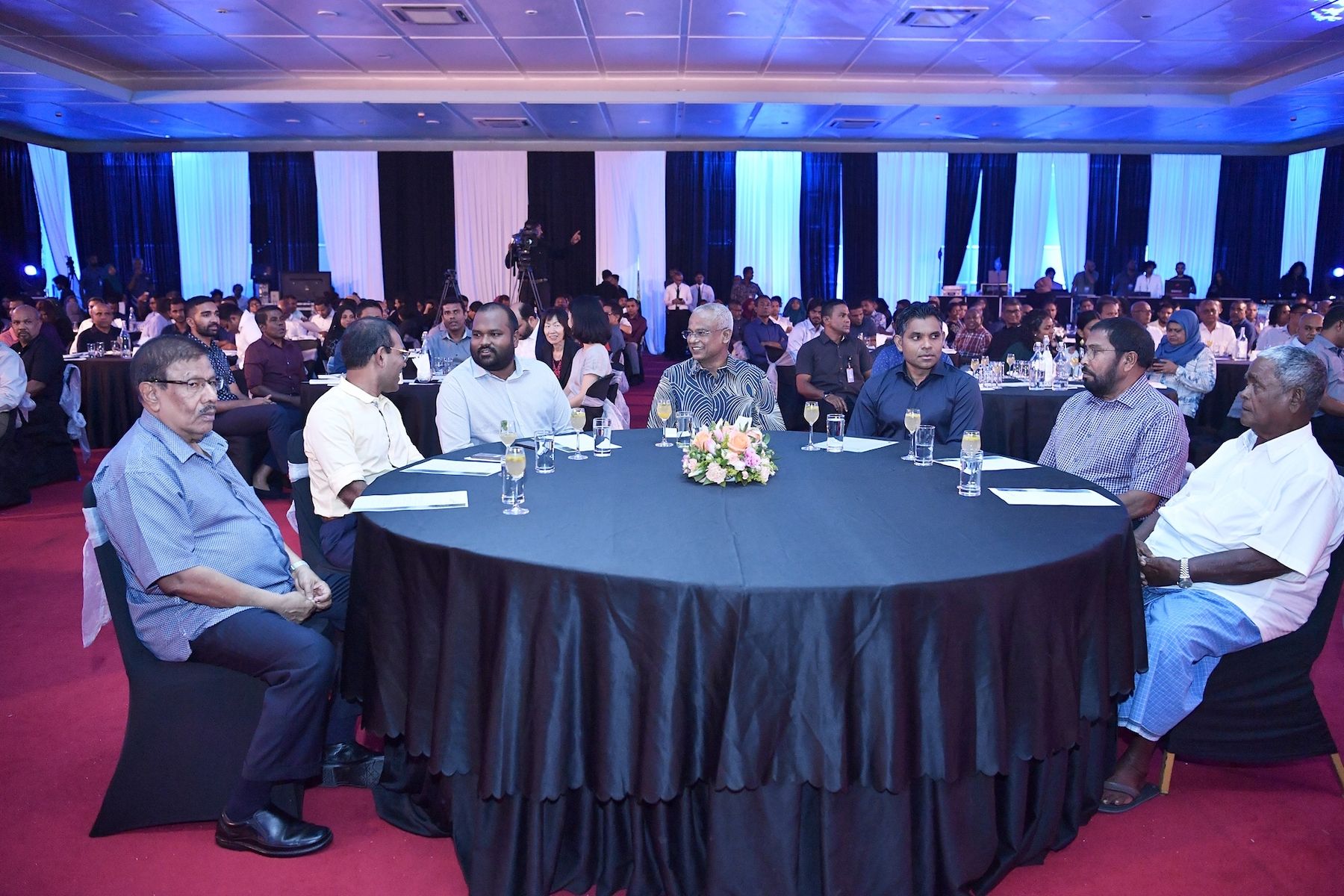Policy solutions pledged through Maldives tourism masterplan
In a fiery speech, Speaker Nasheed underscored the plight of resort workers.

30 Jul 2019, 09:00
The Maldives government on Monday launched the process of formulating the country’s fifth Tourism Development Masterplan.
The five-year plan will be completed after consultations with industry experts and unveiled early next year, Tourism Minister Ali Waheed said at a function dubbed ‘Jazeera Raajje – Magey Raajje’ (Island Nation, My Nation).
The masterplan would propose “complete” policy solutions to longstanding problems in the tourism sector, he added.
Speaking at the function, President Ibrahim Mohamed Solih said the plan includes developing a registry of employees and addressing challenges faced by resort workers, including discrimination between local and foreign staff and withholding of mandatory service charges.
Become a member
Get full access to our archive and personalise your experience.
Already a member?
Discussion
No comments yet. Be the first to share your thoughts!
No comments yet. Be the first to join the conversation!
Join the Conversation
Sign in to share your thoughts under an alias and take part in the discussion. Independent journalism thrives on open, respectful debate — your voice matters.




